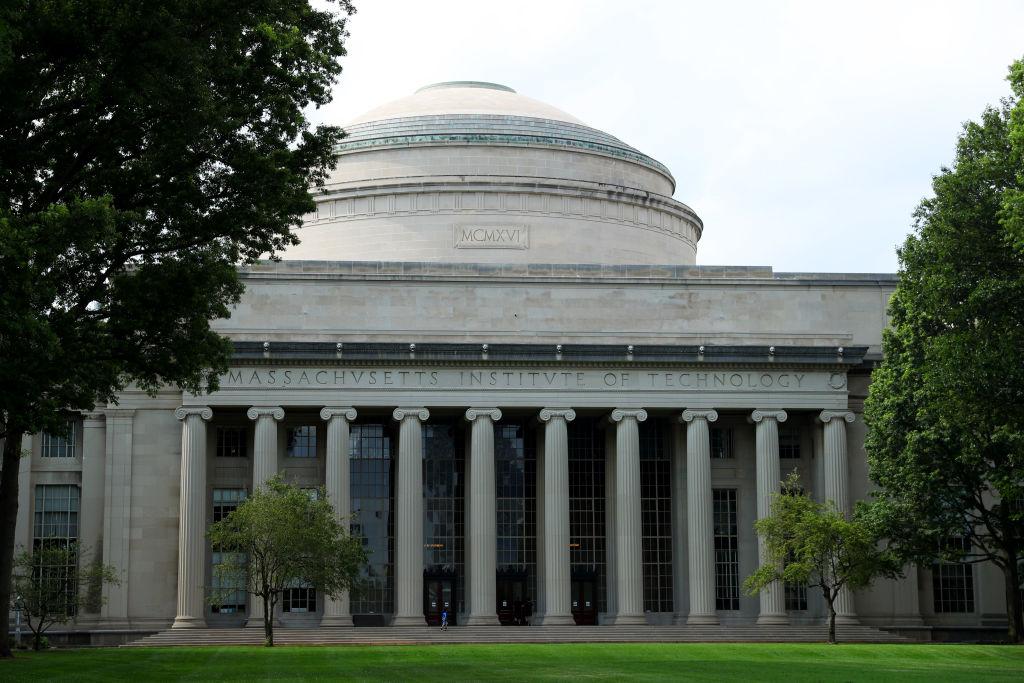The Massachusetts Institute of Technology (MIT) will no longer require those seeking faculty posts to submit a statement about their commitment to the cause of diversity, equity, and inclusion (DEI), the first elite school to backtrack on the practice that’s becoming commonplace.
“Requests for a statement on diversity will no longer be part of applications for any faculty positions at MIT,” a spokesperson for the institution told The Epoch Times in an emailed statement.





